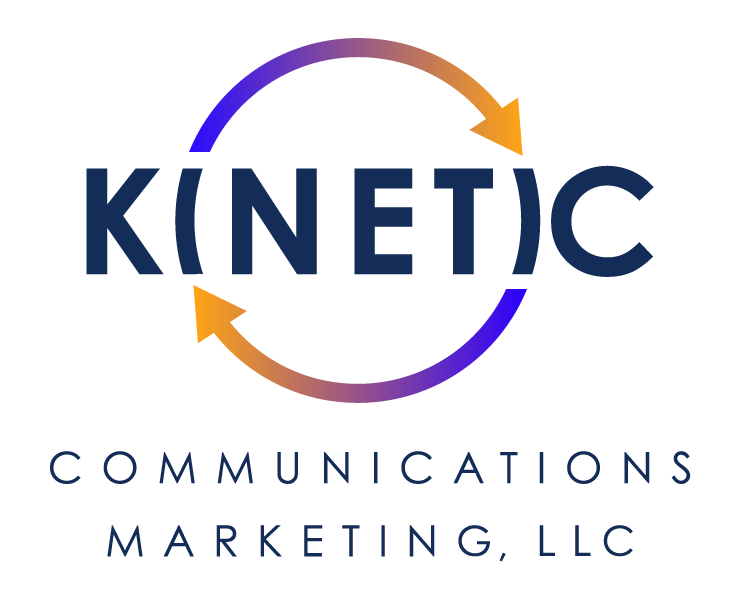Organizations partner with outside communication partners for a variety of reasons, but how does a company or non-profit ensures it picks the right partner to maximize results and minimize expenses? Is a big global agency the right pick, or is small consulting firm of 1-3 people the right solution; or something in between?
There are a lot of factors that go into making a decision to hire the right communications partner. The first factor is company size. Is the organization an entrepreneurial start-up, small- to mid-cap company or a global, multi-billion-dollar organization?
Next, before starting an agency search, establish the project, or annual, budget. Budgets drive everything and this will help determine what type and size of agency will provide the most cost-effective resource. Be prepared to be asked what the budget is upfront as it helps the agency contact determine if the firm even wants to pitch or take on the business.
Unfortunately, many companies approach an agency partner with either no idea of a budget, or they aren’t willing to share it. That’s where problems begin and sticker shock can result. Being upfront with a budget will better help your potential communications partner in providing a proposal that is realistic and tied to deliverable metrics aimed at helping the organization achieve its goals.
After budget, a desired outcome from engaging an agency partner is important – and it should be tied to bottom line business results. Geography is another factor to consider. Is the scope local, regional, national or international?
Consultants and small agencies are best for local and regional and industry specific communications issues. These firms tend to have more senior professionals working directly on client accounts, applying their many years of experience – usually working for a major corporation. Independent counselors also come with a network of connections from their decades of experience, which they can bring to the account.
Medium and large global agencies provide a range of services and levels of experience. Medium-size agencies are more cost effective than the large global agencies but may be limited in geographic reach unless plugged into a global network of independent agencies.
Large global agencies provide the broadest service offering, have specific practice areas and a global footprint. Major corporations that sell products and services typically use the large global agencies. Selecting a large global agency adds an additional layer of consideration.
The big agencies such as Edelman, Burson-Marsteller, Hill+Knowlton, Ketchum, and others all do great work and are leading many of today’s communications trends. But to really benefit from the strategy, resources and leadership of these agencies, you need to be a major client spending millions annually, otherwise the organization’s account will receive a few hours of senior counsel but mostly be handled by a junior professional with only a few years of experience. That isn’t to say that a big agency isn’t the right choice, as perhaps there is a specific practice that is needed, such as investor relations for an initial public offering.
Finally, the cultural fit of the consultant or agency account team is very important. You’ll need to connect with a person or team that you feel understands your organization’s mission and needs. It’s the up-front knowledge and planning that will ensure your organization makes the right choice.

